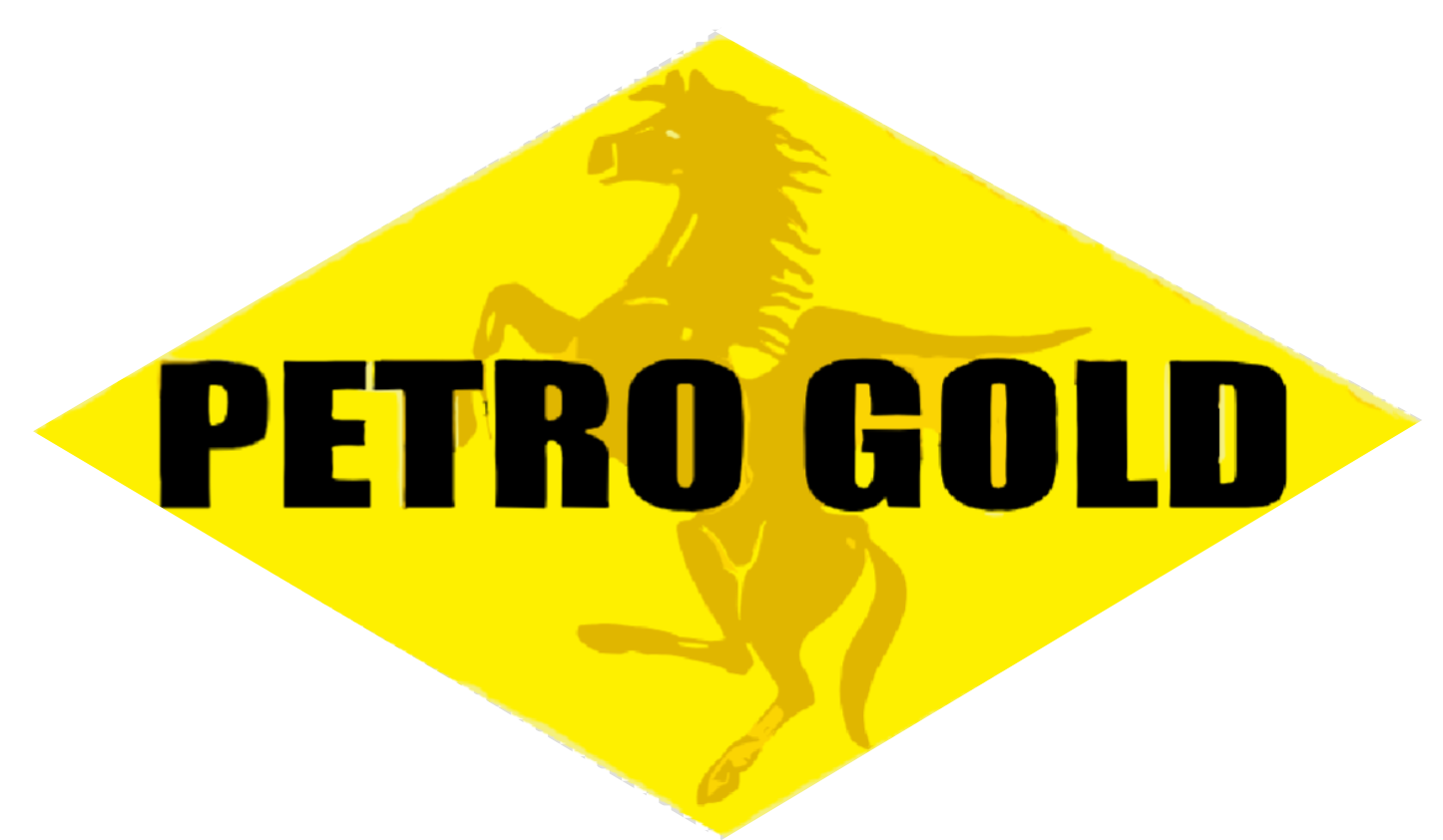Bitumen CSS

General Description of Emulsion Asphalt CSS
Bitumen CSS emulsions are crafted by blending hot bitumen with a water phase, then passing the mixture through equipment like a rotating disc, cone, or wheel alongside a stator. During emulsification, the hot binder breaks into tiny globules, which disperse in water treated with an emulsifying agent. The water serves as the continuous phase, while binder globules form the discontinuous phase. Careful selection of emulsifying agents and precise manufacturing controls produce various types and grades of emulsified asphalts.
Based on the emulsifying agent, the emulsified asphalt can be: (1) anionic, where binder globules carry a negative charge, or (2) cationic, where they carry a positive charge. Additionally, both types come in several grades. For example: (1) anionic non-Virginia grades like RS-2 for tack and seal coats, SS-1H for slow-set slurry and tack; (2) cationic Virginia grades such as CSS-2 for tack and seal coats, CSS-1 for tack, CSS-1H for tack and slurry (both rapid and slow set), and CSS-2 for prime, tack, seal, and cold mix (with 7-12% solvent). Since particles with similar charges repel each other, asphalt globules stay apart until applied to soil or aggregate. Emulsified asphalts work well with cold, heated, dry, damp, or wet aggregates.
Advantages of Using Emulsion Asphalt CSS
- Requires no petroleum solvents for liquefaction.
- Produces minimal or no hydrocarbon emissions.
- Often usable without additional heating, saving energy.
- Efficiently coats damp aggregates, enhancing flexibility.
- Allows the use of cold materials, even in remote areas.
- Offers a wide range of emulsion types for diverse needs.
Applications of Emulsion Bitumen CSS
Due to its chemical and physical properties, Bitumen CSS finds versatile applications:
- Sealing (CSS-1, CSS-2, M-80, VPrime, precoating emulsions).
- Slurry surfacing (CQS, CQS-1H, LMCQS, microsystems).
- Patching and crack filling (CSS, CSS-R, SS-1).
- Fog sealing (SS-1, CSS, CSS-R).
- Cold mix production (CSS, CSS-R, specialty emulsions).
- Tack coating (CSS-1, CSS, SS-1, specialty emulsions).
- Dust control (CSS, SS-1, specialty emulsions).
- Stabilization and recycling (CSS, specialty emulsions).
- Waterproofing, roofing, and home applications (specialty emulsions).
- Agricultural uses (SS-1, CSS, specialty emulsions).
Packing of Emulsion Bitumen CSS
Emulsion Bitumen CSS is securely packed in thick steel drums placed on pallets to prevent leaks. It is also available in bulk in bitutainers and tankers, ensuring safe transport and storage.
Guarantee/Warranty of Emulsion Asphalt CSS
Gold Bitumen guarantees the quality of Emulsion CSS. We arrange for international inspectors to verify the quality and quantity of each shipment during vessel loading. Our QC team strictly monitors production with batch test reports before shipping. Bitumen CSS consistently meets ASTM/EN 15322:2009 standards, ensuring optimal performance in all applications.
FAQ
Frequently asked questions from buyers about Bitumen CSS:
Q1: What are the main applications of Bitumen CSS?
A1: CSS emulsion is mainly used for slurry seals, patch repair, and surface dressing where slow setting ensures strong adhesion and durability.
Q2: What is the minimum order quantity (MOQ)?
A2: MOQ usually starts from 20 MT in drums or IBC tanks. Bulk tanker shipments (100 MT+) are more cost-efficient for international buyers.
Q3: What packaging options are available?
A3: Bitumen CSS is supplied in 200 kg drums, 1 MT IBC tanks, or bulk tankers. Packaging is SGS certified and export-ready for worldwide delivery.
Q4: Do you provide certificates and quality assurance?
A4: Yes. Every shipment includes COA, MSDS, ASTM/EN compliance. Third-party inspections (SGS, BV, GeoChem) can be arranged before shipping if needed.
Q5: What are the delivery and payment terms?
A5: Standard delivery is within 7–12 days after order confirmation. Payments accepted via TT (Telegraphic Transfer) or LC (Letter of Credit), negotiable for bulk contracts.
